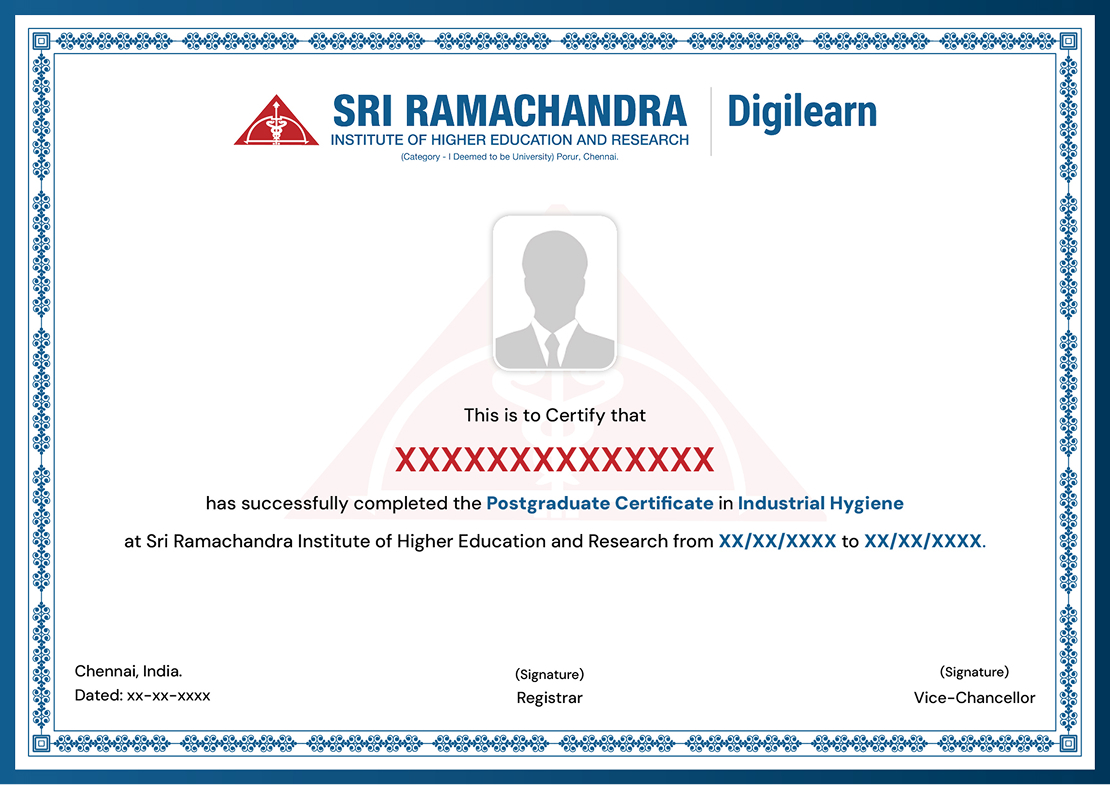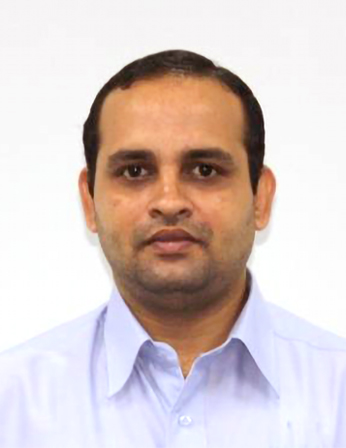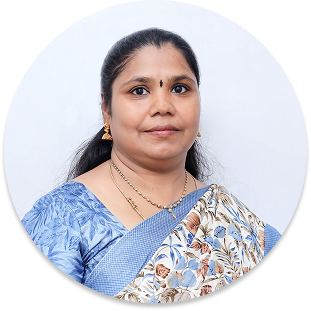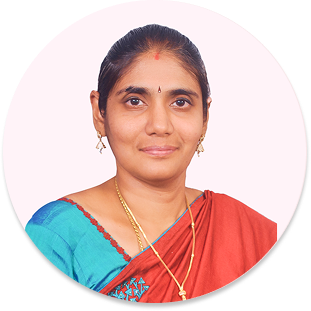- Our Identity
- Admissions
- Programs
- Undergraduate
- Dual Qualification
- Certifications
- Certificate in Optometry Practice and Management
- PG Certificate in Artificial Intelligence & Data Science
- PG Certificate in Artificial Intelligence & Machine Learning
- PG Certificate in Industrial Hygiene
- PG Certificate in Healthcare Management
- PG Certificate in Organisational Behaviour Analysis
- PG Certificate in Climate Change and Human Health
- PG Certificate in Education, Learning & Development
- PG Certificate in Wellness Coaching
- Statutory Body
- UGC Public Notice
- UGC Approval
- Application to UGC-DEB for Online Programmes
- Annexures
- CIQA in Annexure I
- Conduct of Examination in Annexure II
- Human Resource & Infrastructural Requirements in Annexure-IV
- Programme Project Report (PPR) in Annexure V
- Quality Assurance Guidelines of Learning Material in Annexure VI
- Guidelines on Self-Learning & E-Learning Material in Annexure VII
- Grievance Redress Mechanism in Annexure X
- Affidavit & Undertaking
- Joint Declaration Form
- CIQA Policies
- Student Corner
- knowledge Hub







